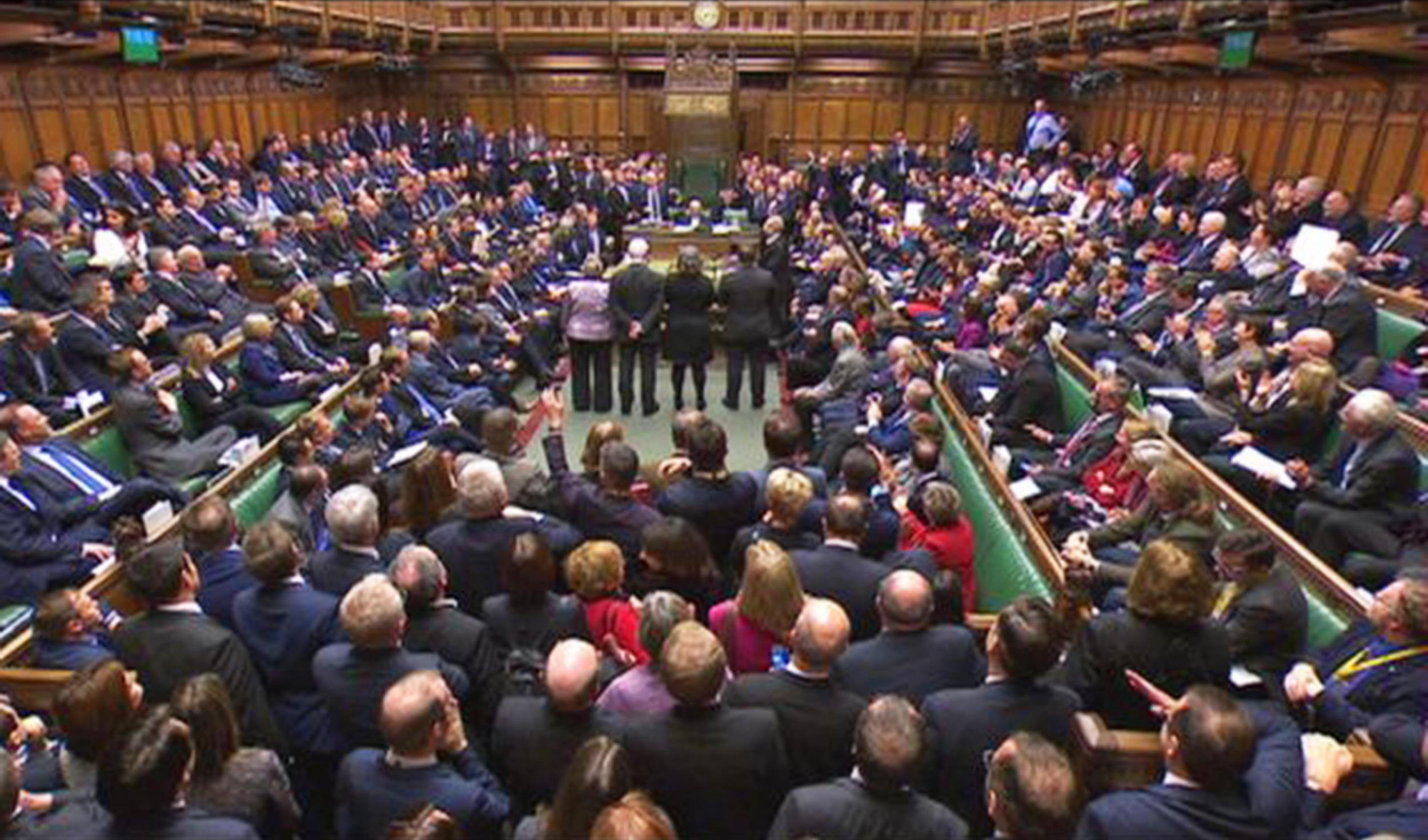Male MPs 'seat-blocking' safe constituencies in the Commons, says new report
Of the 212 currently-serving MPs first elected in 2005 or before, just 42 are women

Male MPs are effectively “seat-blocking” safe seats in the Commons and holding back gender progress, according to new research that calls for an overhaul in the way politicians are elected to Parliament.
The new study from the Electoral Reform Society (ERS) claims that hundreds of seats have effectively been “reserved” by male politicians - forcing women to contest in marginal constituencies in order to enter public life.
The research, published on Tuesday, shows that of the 212 currently-serving MPs first elected in 2005 or before, just 42 are women.
And of the 380 elected in 2010 or before, just over 24 per cent – or 93 – are women, leading to the ERS claiming that the dominance of men in long-held seats acts as a “major barrier” to further progress.
The organisation is now calling for multi-member seats in the Commons under a proportional representation system.
The chief executive of the ERS, Darren Hughes, told the Times: “Traditionally women have tended to disproportionately represent marginal seats, with male seat blockers clinging on to safe constituencies.
“That means parties have tended to put up women candidates in the seats where gaps open up more frequently – generally marginals: the low hanging fruit for increasing diversity. But replying on men retiring to achieve equality is a slow road indeed and will not bring the change we need fast enough.”
Jess Garland, the director of policy and research at the ERS, added that while Britain has experienced progress in gender equality at recent elections, it is being “held back by Westminster’s broken voting system, which effectively ‘reserves’ seats for men”.
She continued: “Over 80 per cent of MPs first elected in 1997 or earlier are men, with the one-MP per seat one-person-takes-all nature of First Past the Post leaving few opportunities for women’s representation once a man has secured selection. Sitting MPs have a huge incumbency advantage, and since open selections are relatively rare, we face a real stumbling block in the path to fair representation.
“Parties have made significant strides, with near gender parity among current MPs first elected in 2015. But without change of the system, further progress will be extremely slow.
“Westminster’s single-member seat system is widely regarded as the world’s worst when it comes to achieving gender balance. Proportional multi-member systems – used in democracies around the world – mean there are always real opportunities for improving women’s representation.
The research follows a week of celebrations in Britain, marking the centenary of women’s suffrage and the 1918 Representation of the People’s Act that gave some women the right to vote in parliamentary elections.
Speaking last week, Theresa May said the best way to honour the suffragettes is by ensuring that more women come into public life and “that we see more women in Parliament”.
Join our commenting forum
Join thought-provoking conversations, follow other Independent readers and see their replies
Comments